I woke up today with two questions on my mind and here is the first: Could we have saved Bobbi Kristina?
Bobbi Kristina Brown died Sunday night at the age of 22 after six months in a coma and a lifetime under a harsh, unforgiving spotlight. As Oprah Winfrey said on Twitter in response to the heartbreaking news: “Peace, At Last.”
Since Whitney Houston and Bobby Brown’s only child was found submerged in her bathtub on Jan. 31, I, and millions of others, have kept watch. We hoped for the best and at the same time raged for the preventable, predictable circumstances that led to her demise.
Each day, information would trickle online, drop by drop from one unnamed source after the other. And each day, the “news” became more and more difficult to decipher. Is she breathing on her own? Why is the family feuding? She’s getting better? No, she’s getting worse? Were drugs found in her system or near her body? Was she abused? Did her boyfriend have something to do with this? Would she make it? Did she already die? Dr. Phil episodes, leaked photos of her body, speculation about her status in hospice, lawsuits and an open letter from Tyler Perry all confirmed that even with death hovering, absurdity and chaos would always swirl around her.
But in all of the confusion, one clear constant remained: The public’s desire to armchair diagnose every one of the 22 years of her life.
Judging from the tragic headlines, columns and private conversations uttered at dinner tables, we all believe that we, as wise, compassionate individuals knew exactly what went wrong and what it have taken to give her a life much easier than that which she lived. Despite actually knowing nothing about the ins and outs of her day-to-day reality or of the people who loved her, the wisdom we thought we had is why we are able to shake our heads and wax poetic about the alchemy of counseling, rehab, boundaries and love that she should have received at various points in her life.
This ‘we know better’ attitude is why we are able to scold the adults who surrounded her for allowing her to appear so clearly troubled and broken on a reality show immediately following her mother’s death. It is why we were able to identify the pain on her face in every public appearance and ask “Who is taking care of her?” It is why we give one another the sad, knowing face and utter horrible, insensitive missives like “With those parents, she never had a chance.” or “If someone just could have gotten her away from all of that…”
In other words, we believe we know what could have saved Bobbi Kristina. And we say it every chance we get.
See Bobbi Kristina Brown and Her Family in Photos
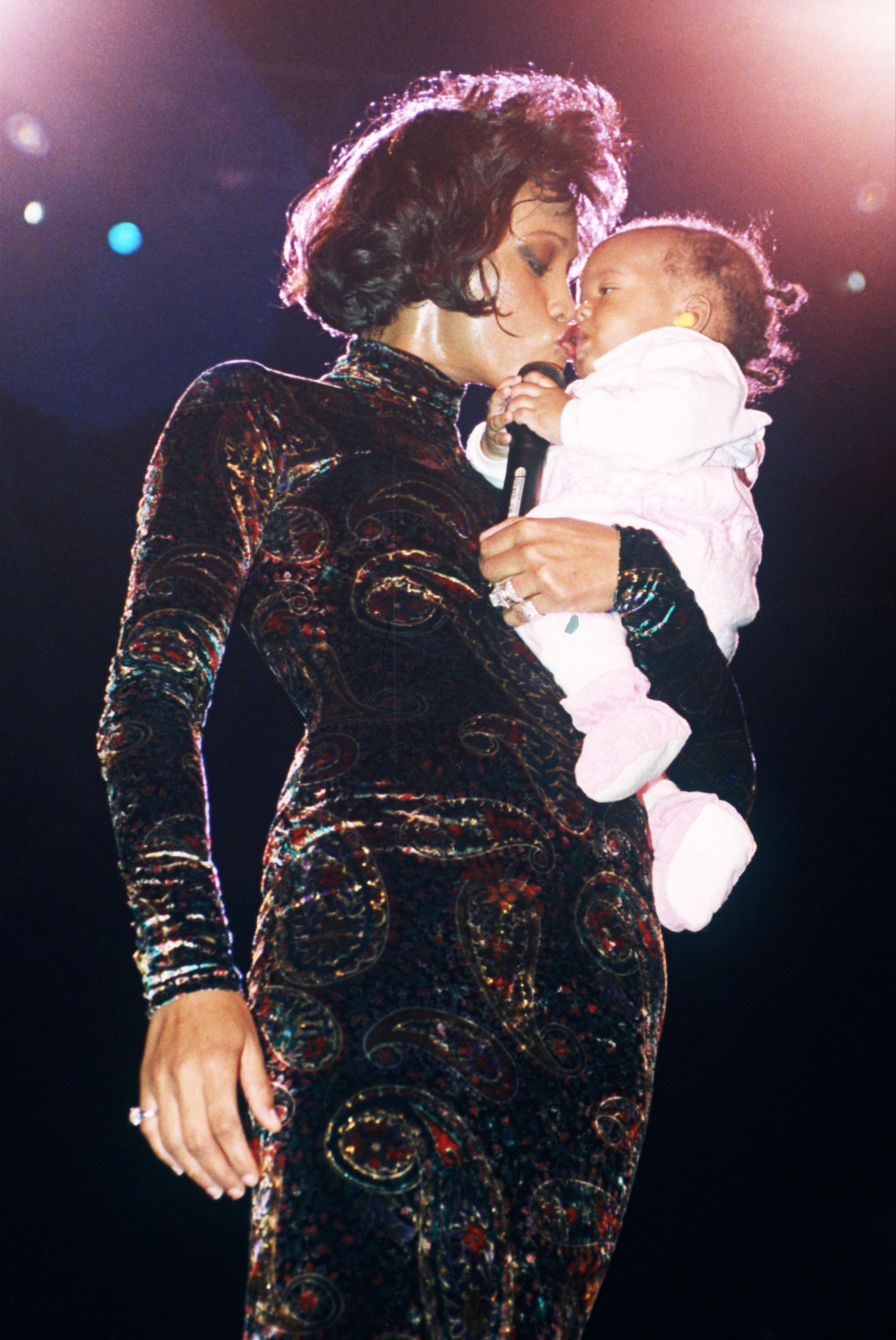
![Bobbi Kristina Brown;Whitney Houston;Bobby Brown [& Family] Bobbi Kristina Brown;Whitney Houston;Bobby Brown [& Family]](https://api.time.com/wp-content/uploads/2015/02/bobbi-kristina-brown-002.jpg?quality=75&w=2400)
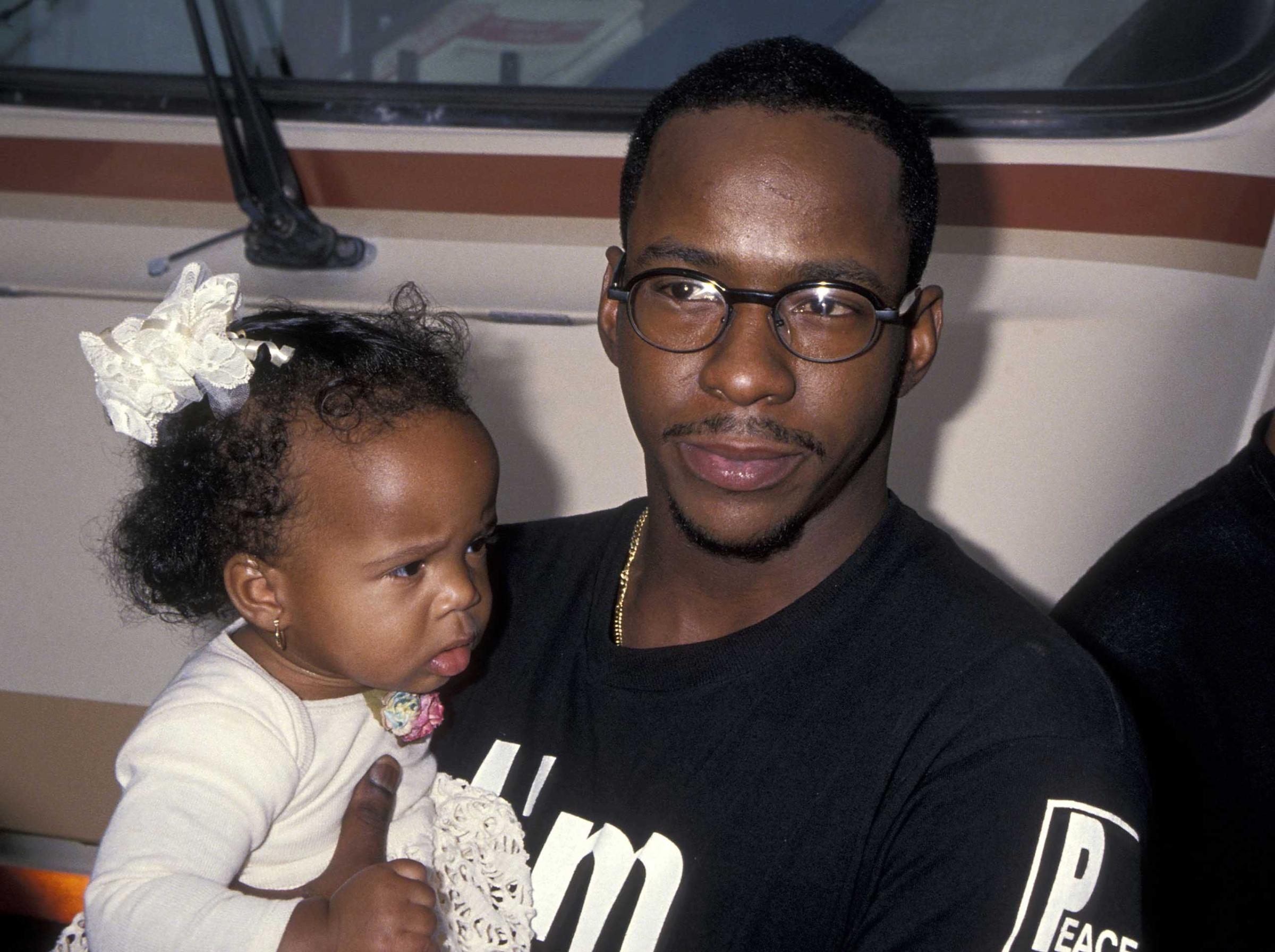
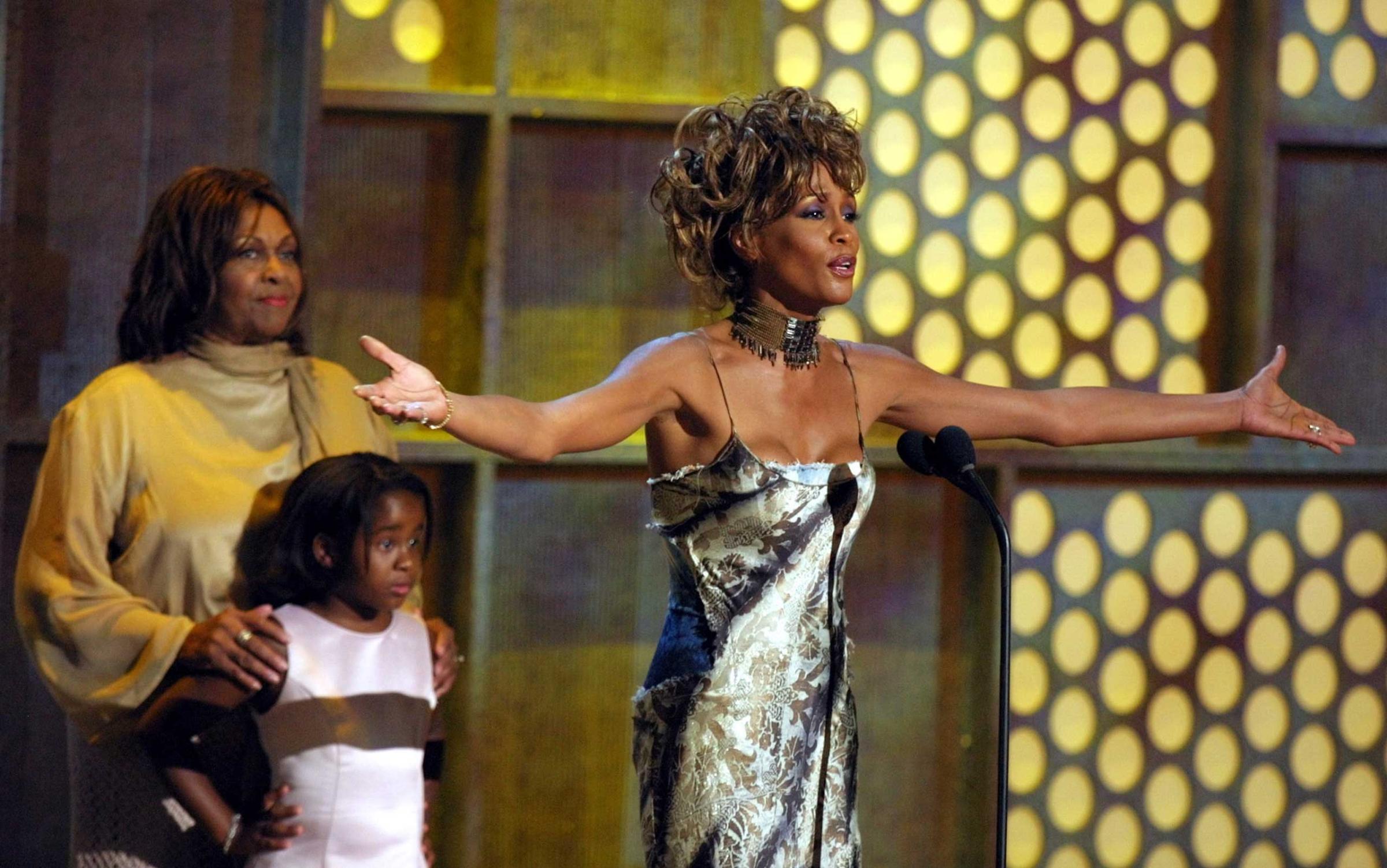
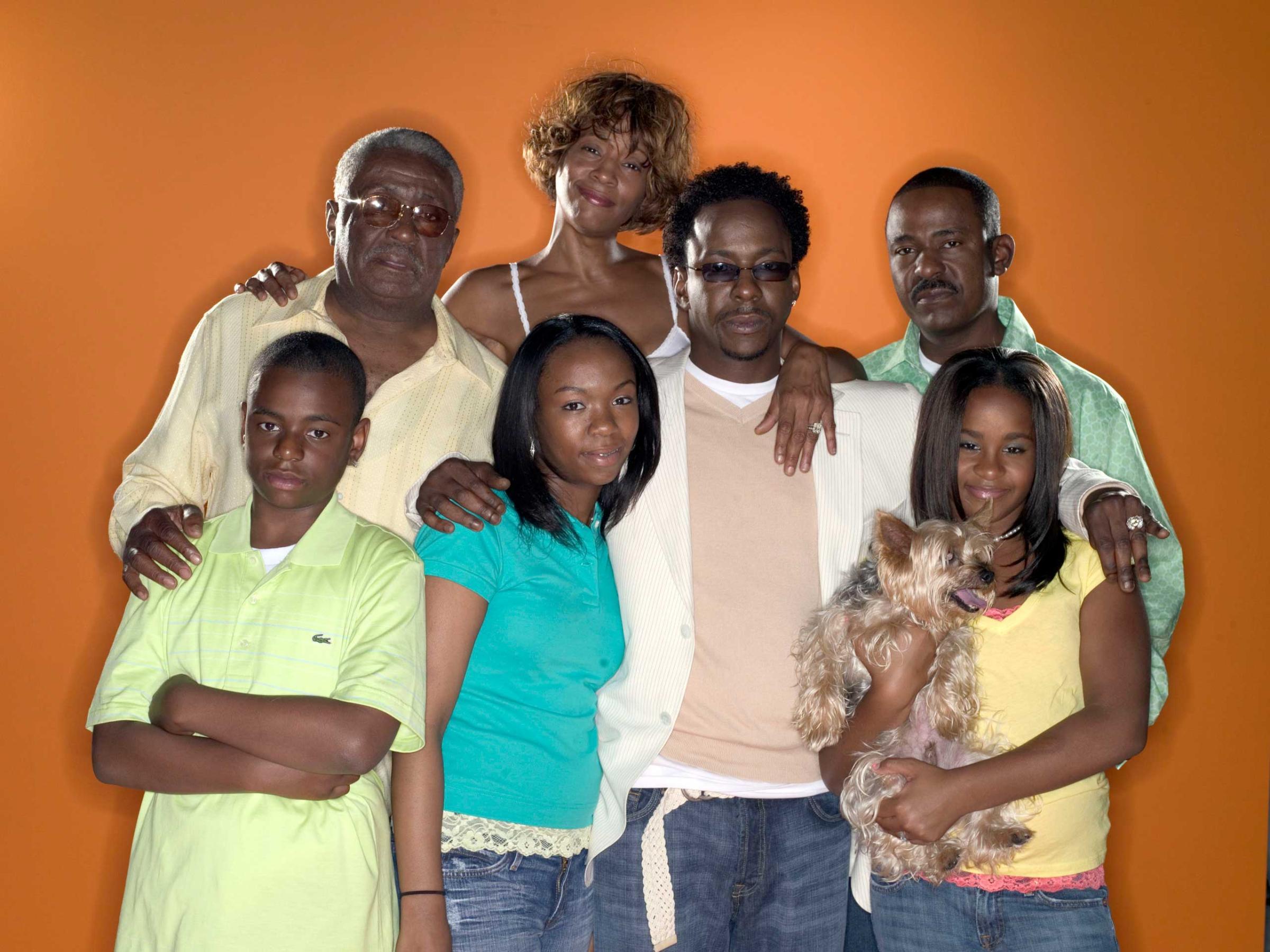
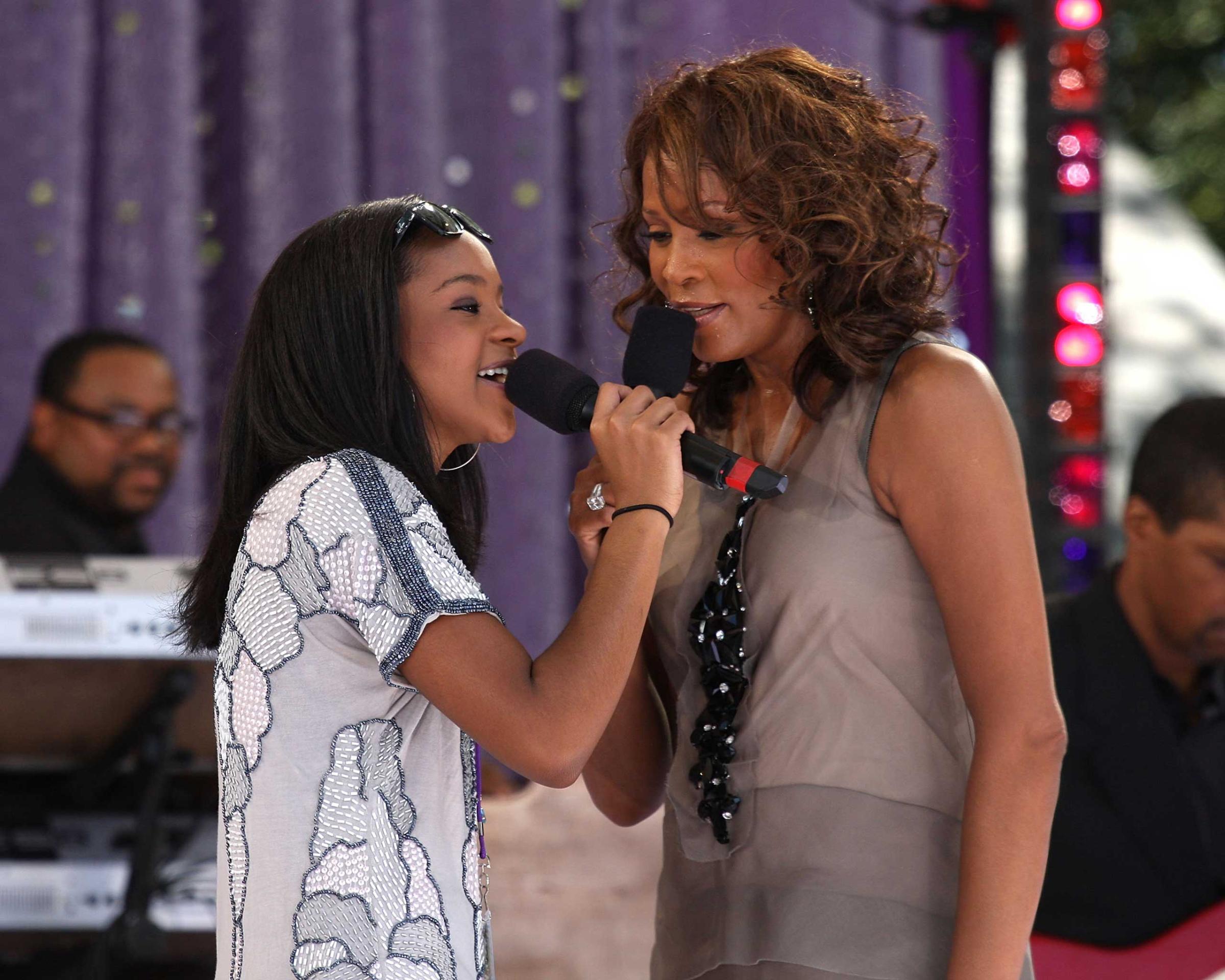
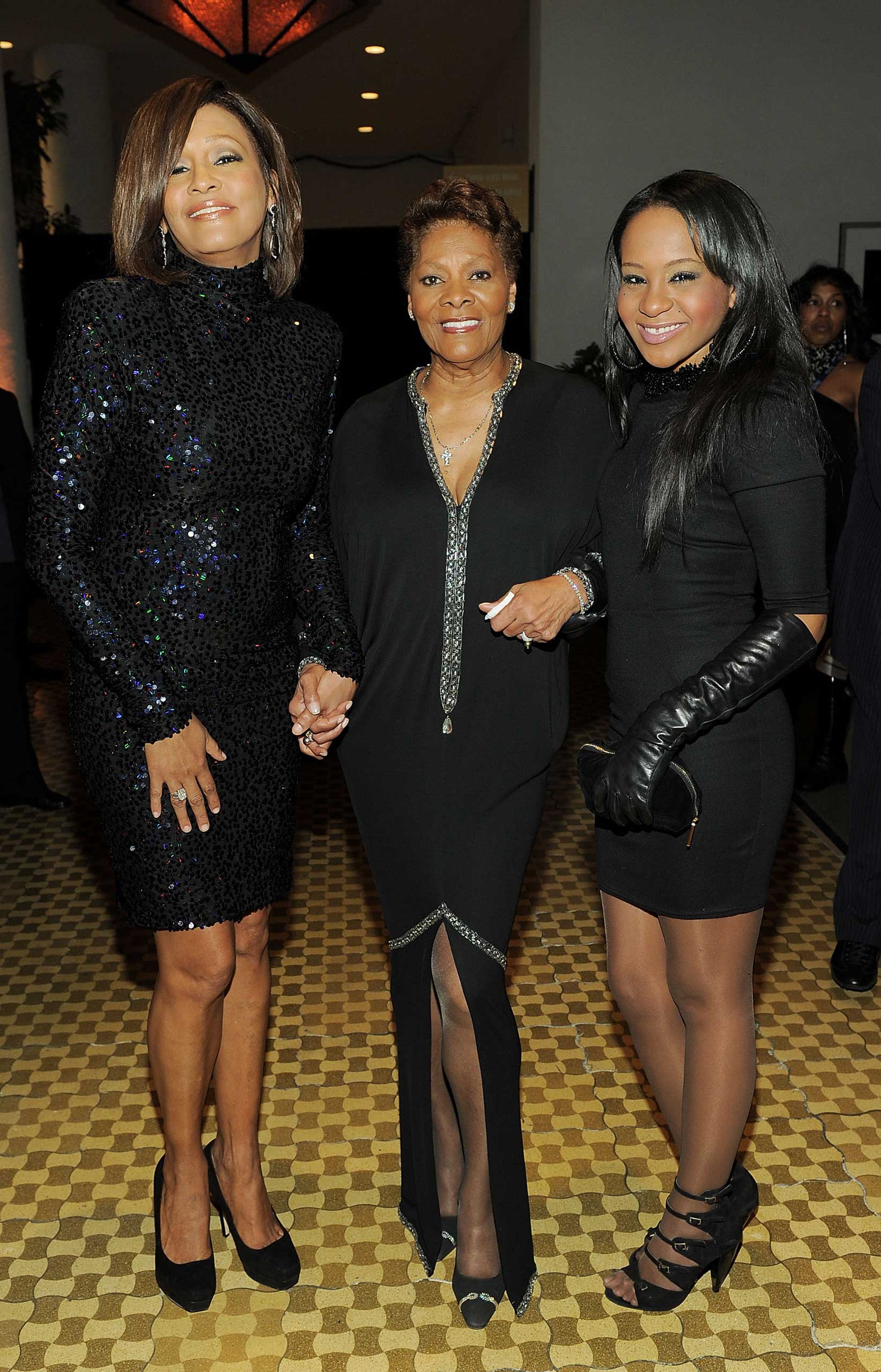
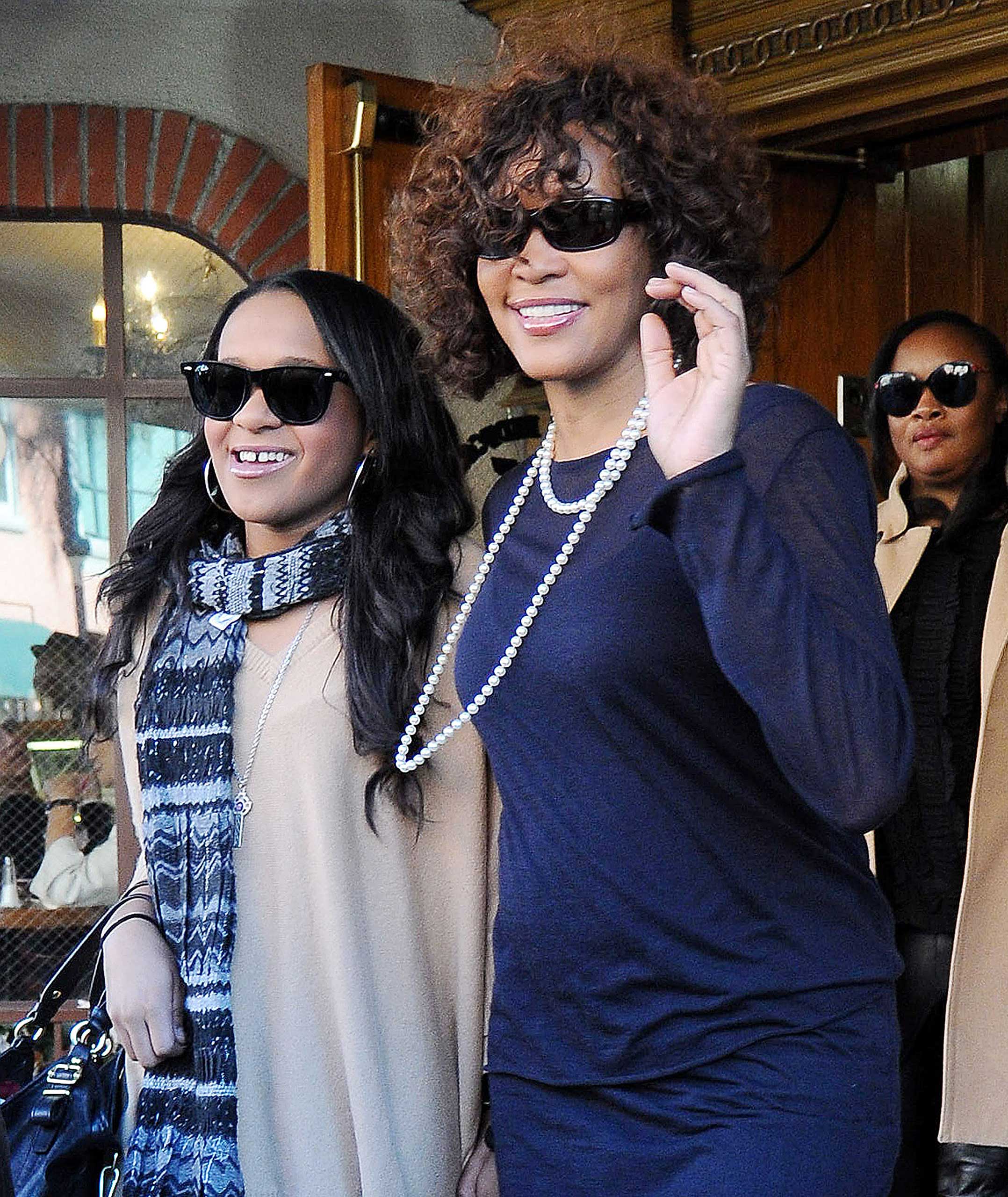
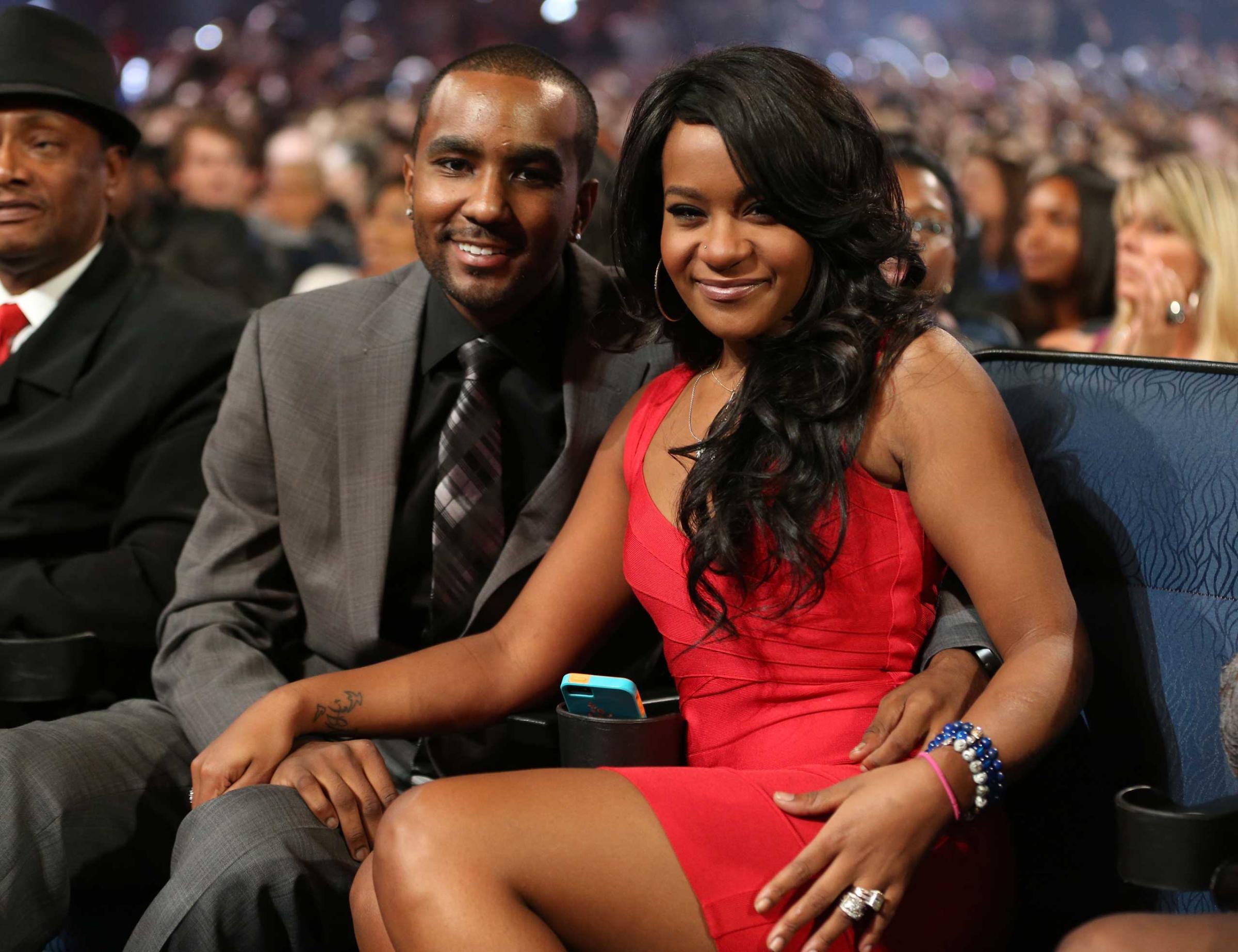
But why? Why do we speak with such presumption and confidence? Our intentions are undoubtedly good and sound like the very essence of empathy and humanity. We do indeed wish we could have saved her, but perhaps we also say these things to validate ourselves; because it makes us feel good to think that if given the chance, in some make believe world where we had influence and impact on her life, we — you and I — could have done the right thing and made all the difference.
It is an assertion of powerlessness (she was too far outside of our reach). And that powerlessness, while painful, is also oddly comforting. It preserves our self-righteousness and allows us to sleep at night watching a child struggle so hard and fall so fast. We hold on tight to the idea that her life was out of our control, with the implication that we certainly would have helped if we could have.
But what if that isn’t true?
The truth is that for the children within our own spheres of influence, the ones languishing in foster care, or being harassed online, or being abused in the home down the street, or struggling with grief or depression or addiction or any of the ills that we assume troubled Bobbi Kristina, most of us do nothing. We walk blindly by, ignoring their realities and talking among our-selves about what should be done rather than actually doing it.
Maybe we are not as empathetic as we pretend to be in times of celebrity tragedy.
Because it is much easier to mourn the ones we “couldn’t” save than it is to acknowledge our crushing failure to save the children we could have but didn’t.
Today, Bobbi Kristina is dead, and yes, I am one of the ones praying that she is resting joyfully in the arms of her mother and her God. But for the children who remain, are we just as confident and sure about what they need? Do we know the magic formula to save the Bobbi Kristinas in our own communities — those not separated from us by a glass case of celebrity but who are so close they are practically daring us to reach out and touch them? Do we know what they should be protected from and given? They too are crying out for love, care and all of the collective support and wisdom that we offered Bobbi Kristina in comment sections, on Twitter and from afar.
So the second question on my mind today is this: Can we save them? Or better yet, will we?
More Must-Reads from TIME
- Donald Trump Is TIME's 2024 Person of the Year
- Why We Chose Trump as Person of the Year
- Is Intermittent Fasting Good or Bad for You?
- The 100 Must-Read Books of 2024
- The 20 Best Christmas TV Episodes
- Column: If Optimism Feels Ridiculous Now, Try Hope
- The Future of Climate Action Is Trade Policy
- Merle Bombardieri Is Helping People Make the Baby Decision
Contact us at letters@time.com